According to nearly every measure of human well-being, the world has become a better place to live in. Neverthless, we must face the fact that there are plenty of challenges we need to solve.
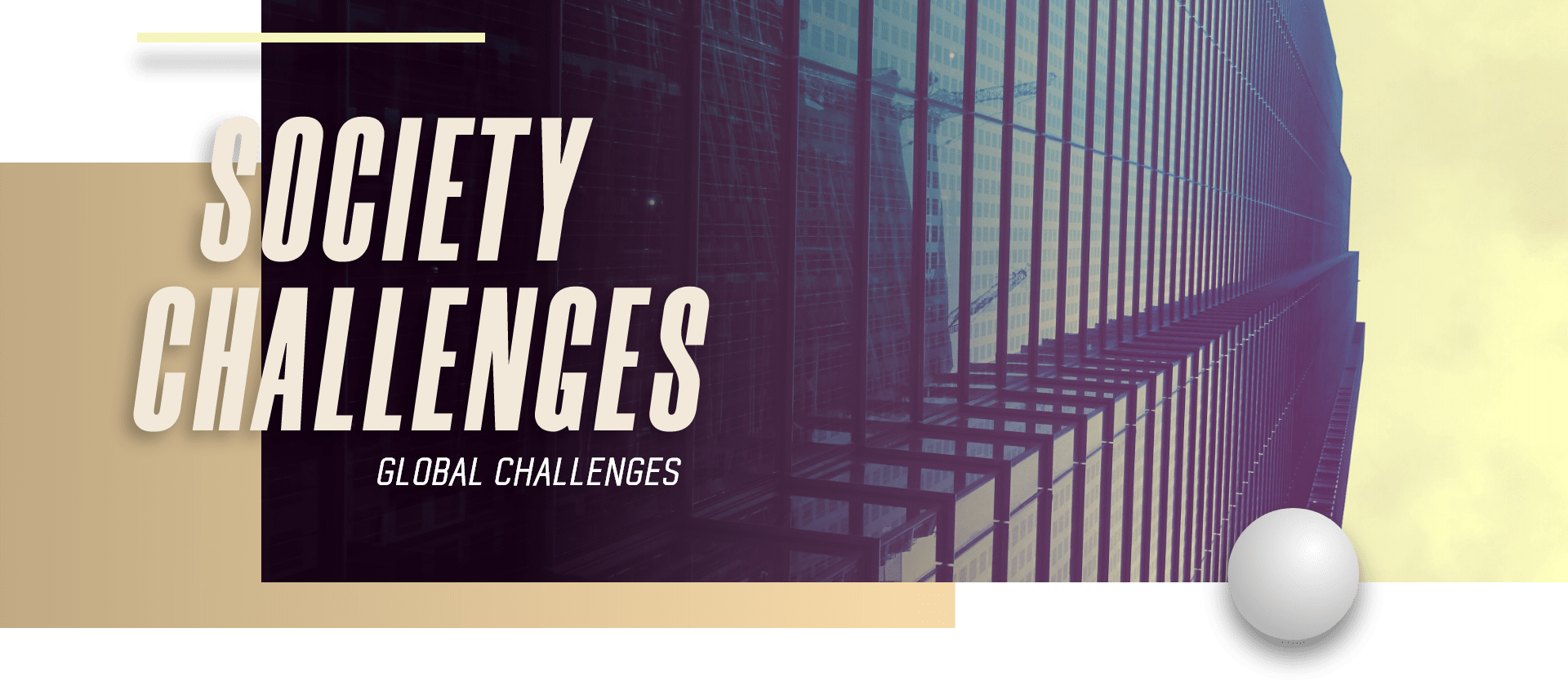
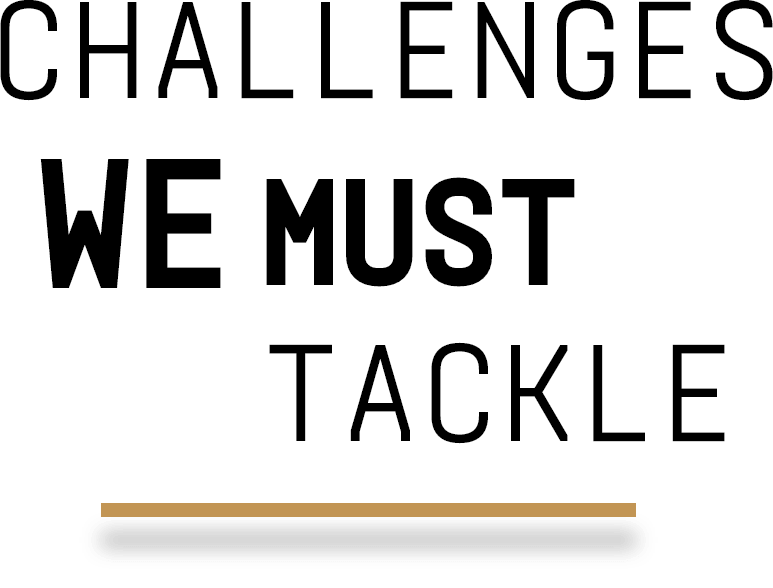
Issues like widespread data leaks, balancing growing human needs with planetary and environmental limits, the impacts of sophisticated automation on people’s lives and many more. The list is quite long.
In the new global, society challenges have a central role to play towards the permanent creation of value. At a time of change, these challenges can´t wait and there is undoubtedly space for all stakeholders, policy-makers, corporations, media and academia, to take responsible action that brings about a stable, sustainable and peaceful world.
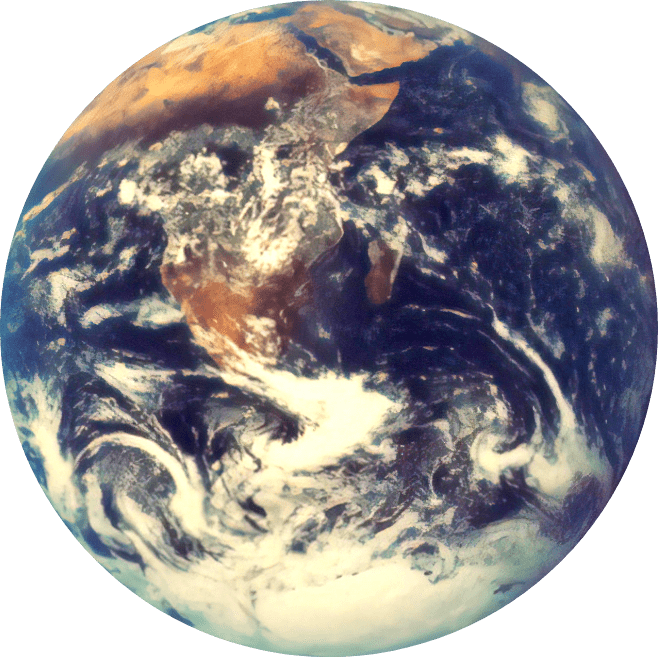
WHEN PASSIONATE PEOPLE AND ENGAGED ORGANIZATIONS CHALLENGE PERSPECTIVES, REVOLUTIONARY INNOVATION TAKES PLACE.
THE WORLD’S BIGGEST PROBLEMS CAN’T BE SOLVED WITH CONVENTIONAL, INCREMENTAL THINKING.
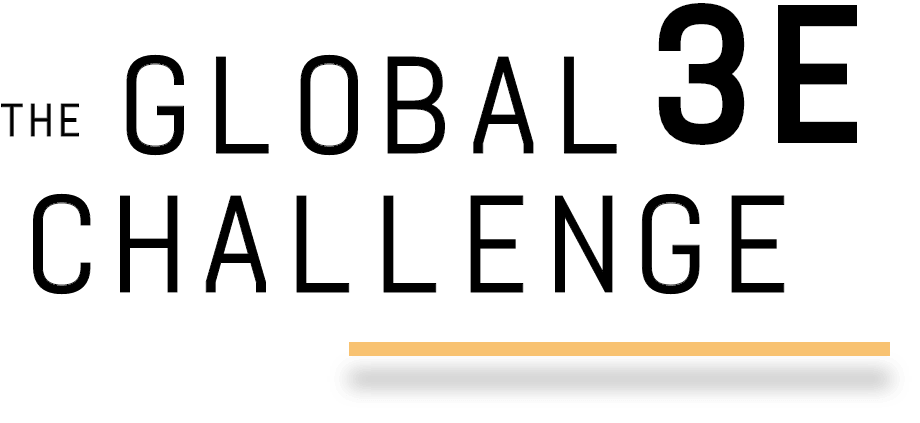
The social impact caused by the relationship between climate change and poverty is now clear. Climate change exacerbates inequalities, not only in poor, developing countries, but also in industrialized, wealthy ones.
There are many types of inequalities to consider. First of all we have inequalities based on demographic characteristics, such as gender, race, ethnicity, religion and age.
A second type of inequality is regarding assets and income.
And then a third type is about public decision making and access to public resources, such as publicly financed health, education, housing, financing, and other services.
Needless to say, these different types of inequalities are interrelated. So we identified three main issues that encompass all the major global problems.
ENVIRONMENT
The Urgent Challenge
EQUALITY
The Compelling Challenge
EDUCATION
The Continuous Challenge
Climate change, deforestation, plastics and more are all threats to our future. Unless we let things get worse, we have to face these problems now. The environment is more than a goal, it is a battle that will require a commitment from everyone on this planet.
Widening disparities in pay, gender, health and job is undermining trust in democracy. Adding to this the pressure exerted on the middle class, in particular the younger generations, with stagnant wages and inaccessible house prices, finding a keystone is critical.
Education is the basis for building valuable human capital. But several causes, such as rapid technological changes, inequality in opportunities, the financial burdens of universities and more, have thrown the education system into a profound crisis.

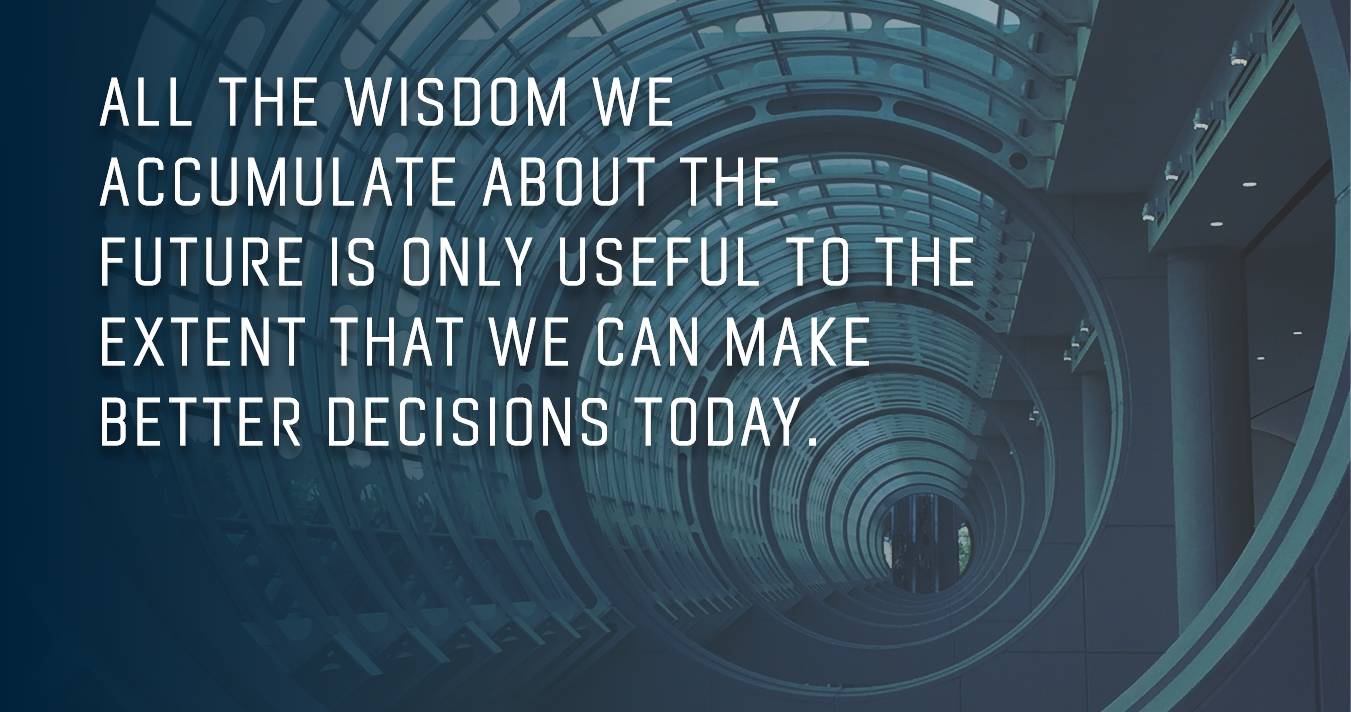
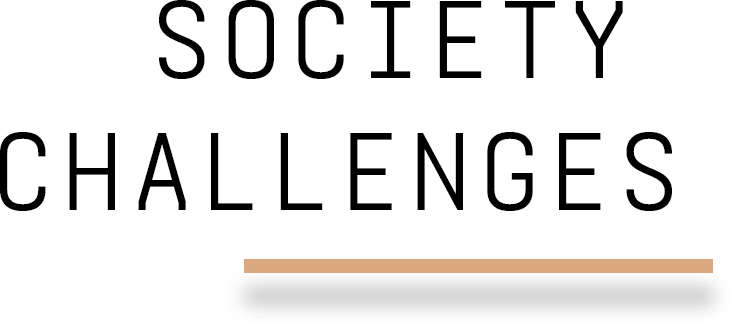
Economic, demographic and technological forces are shaping a new balance of power. Disruptive technologies such as artificial intelligence continue to spread in society.
Institutions and organizations are looking for new measures that can effectively respond to changes resulting from the fourth industrial revolution and other phenomena of social instability.
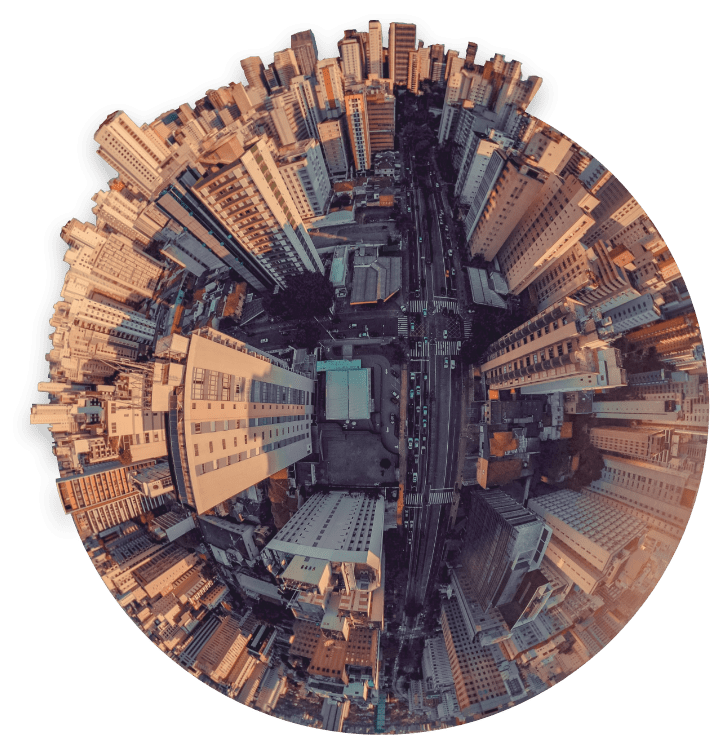
HUMAN-ROBOTS COHABITATION
BIG DATA
FUTURE JOBS
In the near future, humans and robots will work closely together than ever before. We will have to understand if robots will be considered an integral part of this new ecosystem and how humans will eliminate the fear of being replaced by robots.
Main big data concerns are about mass surveillance programs, predictive models used by insurance companies to refuse treatments and discriminate human rights, and data security as it is very difficult to archive such a mass of data without any risk of intrusion.
The increased adoption of AI in the workplace will replace a large number of jobs, but it will also create many more. A proactive and strategic effort by all stakeholders is needed to manage resettlement and upskilling to mitigate both job losses and talent shortages.
TECHNOLOGY ACCELERATION
GENDER PARITY
MIGRATION CRISIS
The rate of technological change could suggest an even faster future change accompanied by a deeper social and cultural shift. For the first time, technology acceleration experts are too cautious in their predictions about the future of technology.
Everyday women around the world face violence and discrimination. Countries have laws that treat women as second-class citizens. And this inequality is bad for everyone cause where women are treated unfairly, there is more societal conflict and less economic stability.
There are currently around one billion migrants worldwide. Despite falling numbers of migrants arriving at the borders populist leaders use the issue of migration to stoke fear and increase their support at the polls, undermining the worldwide countries’s moral standing.
ECONOMIC EQUALITY
GLOBAL HEALTH
LACK OF EDUCATION
Societies that are more equal have lower rates of infant mortality, homicide, imprisonment and teenage motherhood. Further, most countries economic performance on equality is far more important to the well-being of their citizens than GDP growth.
Global health is an important safety phenomenon. Populations that are not in good health can create political insecurity and instability. Global health is not only a tool for improving stability, but also a diplomatic instrument that many countries regularly use.
Near 800 million adults are illiterate and do not have the awareness necessary to improve their living conditions and those of their children. Factors linked to poverty, unemployment, illness, the illiteracy of parents, multiply the risk of non-schooling of a child by 2.
REALITY MANIPULATION
FOOD SECURITY
SMART AND GREEN TRANSPORTATION
False and intentionally misleading stories can provoke incivility, protests or violence. Fake news undermines people’s trust in the democratic process, people’s ability to work together and distract people from important issues so that those issues remain unresolved.
The causes of this insecurity can be many. Food may be available but people cannot afford it. Or a specific ethnic group is denied access to food. Or the governments of poor countries export the food they grow to pay off debts to other countries instead of feeding their own people.
Emissions from transport affect the health of citizens, especially in urban environments, and also contribute to climate change. Low or no emissions technologies for mobility can make a huge difference to air quality and the urban environment.
CYBERSECURITY AND DATA PROTECTION
POPULATION AGEING
SOCIAL ISOLATION
Cyber security risk is increasing driven by global connectivity and usage of cloud services to store data. Cyber security includes everything related to the protection of our sensitive data, personal and protected health info, intellectual property, government and sector data.
Concerns about the aging and health of older people include problems such as dementia, the prevalence of loneliness, the implementation of cities suited to their needs and also programs that support those who will take care of the elderly population.
Social isolation affects health and mortality, regardless of whether or not isolation is accompanied by subjective loneliness. In many societies, social networks can thin with age, leading in many cases to isolation and loneliness.
SAFETY AND WELL-BEING
UNEMPLOYEMENT AND RESKILLING
SMART CITIES URBANIZATION
A happy society is based on creating the right conditions, the right institutions and the right processes to discover these conditions. Happy citizens are less focused on themselves and more focused on understanding what really matters with humility, curiosity and compassion.
Valuing human capital not only serves to provide people with the appropriate knowledge and skills to respond to the changes of our time, but allows them the freedom and potential to participate in the creation of a more just, inclusive and sustainable world.
Every 16 months a city exceeds 10 million people becoming a megacity. Urbanization creates challenges we must overcome to support life standards. Smart cities can improve these standards through fewer traffic jams, smart homes and efficient use of buildings.
EXPLORE MORE
Sonder Industries members use their skills and competences to find solutions to the great social challenges of our time. We bring together thinkers, innovators and anyone who is willing to use their resources to solve some of the most pressing global problems.

